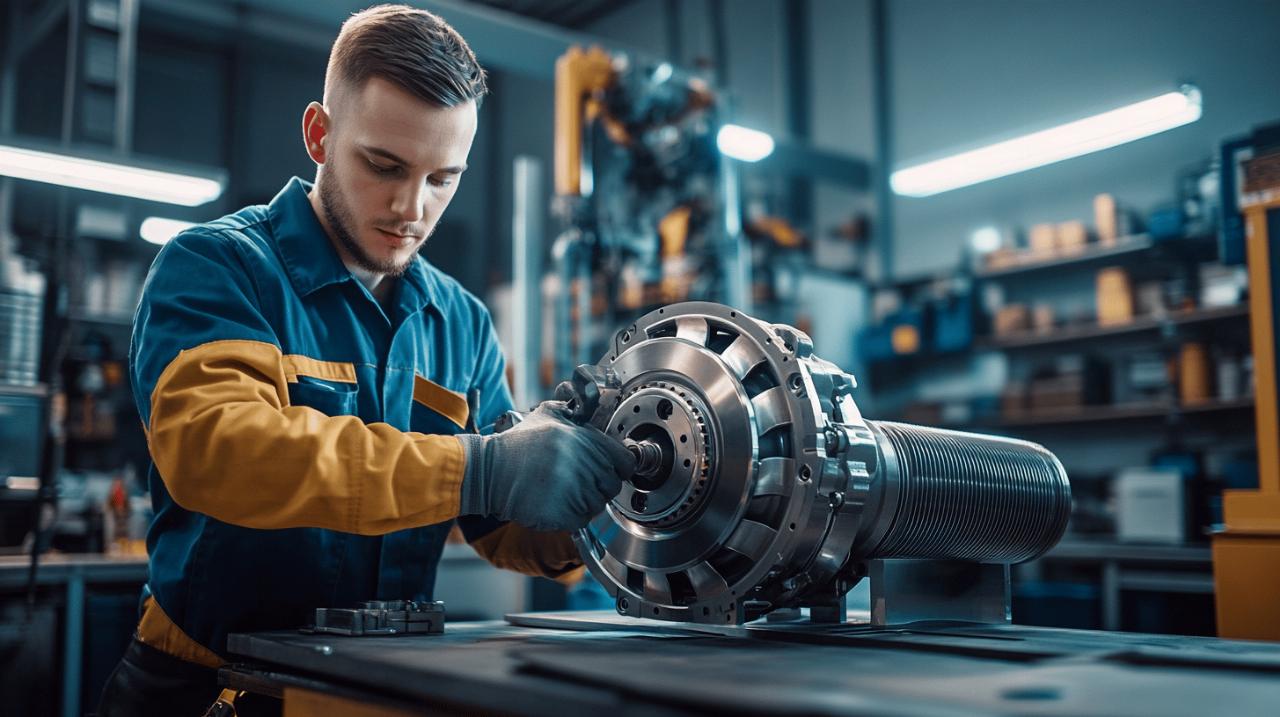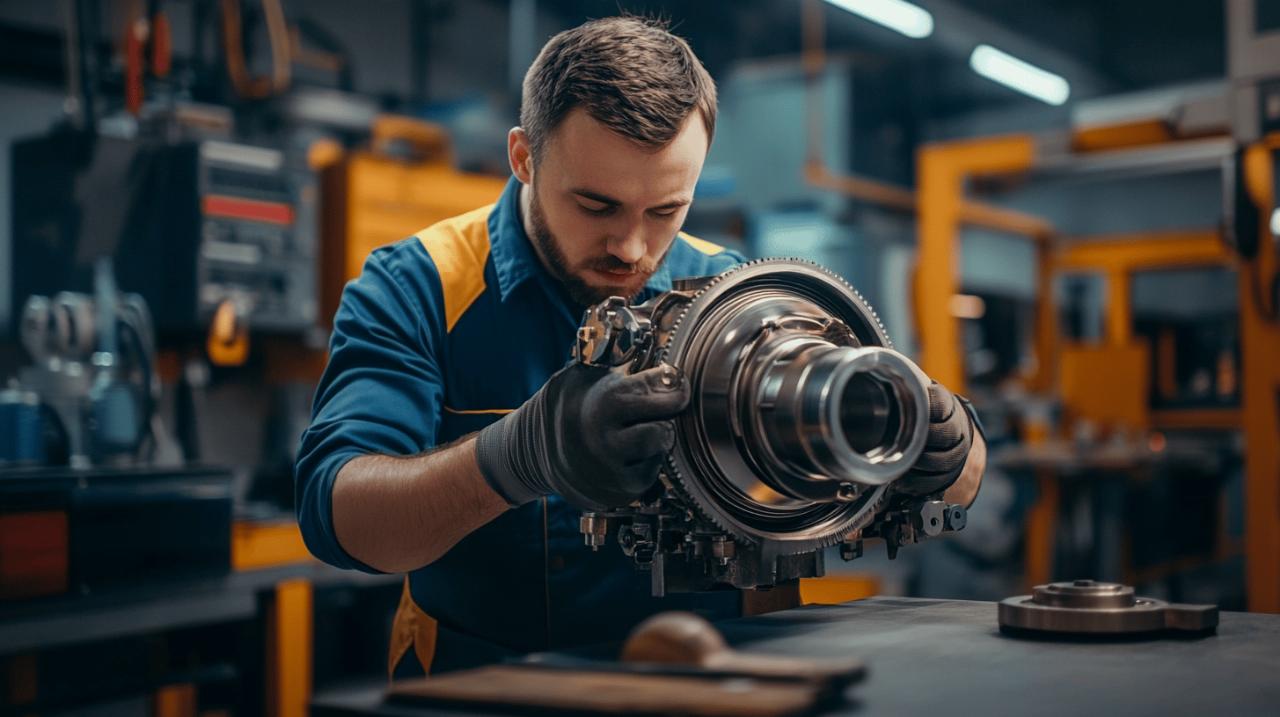Turbochargers have revolutionised the automotive industry by enhancing engine performance and fuel efficiency, but these powerful components require special attention to maintain their functionality and extend their lifespan. Whether you drive a diesel or petrol vehicle, understanding the essential maintenance practices can save you from costly repairs and ensure optimal performance. Let’s explore the key aspects of turbocharger care that every vehicle owner should know.
Proper lubrication practices
The heart of turbocharger maintenance lies in effective lubrication. These precision components spin at incredibly high speeds, sometimes exceeding 150,000 RPM, creating extreme conditions that demand proper oil flow. Regular maintenance information can be found on automotive resources like https://www.auto-service-gall.de/ which provides comprehensive guides on vehicle care and maintenance for various makes and models.
Selecting quality engine oils
Using high-quality synthetic oil is paramount for turbocharger health. Synthetic oils offer superior heat resistance and breakdown protection compared to conventional oils, which is crucial given the extreme temperatures turbochargers operate at. Major brands like BorgWarner and Garrett recommend specific oil grades based on your vehicle’s requirements, typically 5W-30 or 5W-40 for most turbocharged engines. These oils maintain their viscosity under high temperatures and provide excellent engine protection even during demanding driving conditions.
Maintaining regular oil change schedules
For turbocharged engines, oil change intervals should be more frequent than manufacturer recommendations. Most experts suggest changing oil every 5,000 miles rather than the standard 7,500-10,000 miles. This frequency ensures fresh oil is constantly lubricating your turbo components, preventing oil coking and carbon buildup. Remember that oil not only lubricates but also helps cool the turbocharger, making its condition doubly important for turbo longevity.
Engine operation guidelines
How you operate your vehicle significantly impacts turbocharger lifespan. Following proper startup and shutdown procedures can prevent premature wear and catastrophic failures.
Correct warm-up procedures
Always allow your engine to warm up properly before demanding high performance from your turbocharger. Drive gently for the first 10 minutes when the engine is cold, giving the oil time to reach operating temperature and flow properly through the turbo bearings. Avoid aggressive acceleration during this period as it forces the turbocharger to spin rapidly without adequate lubrication, potentially causing premature wear to critical components.
Proper shutdown techniques
The cool-down period is equally crucial for turbocharger health. After a spirited drive or highway cruising, allow your engine to idle for approximately 30-60 seconds before switching off. This cool-down time permits the turbocharger to slow its rotation gradually while still receiving oil flow, preventing oil coking that occurs when hot oil becomes trapped in a suddenly stopped turbo. Avoid revving the engine before turning it off, as this creates unnecessary heat without the benefit of continued cooling.
Preventative maintenance routines
Regular inspection and maintenance of supporting systems can prevent many common turbocharger issues before they develop into serious problems.

Air filtration system care
A clean air intake system is vital for optimal boost pressure and turbocharger protection. Inspect your air filter every 5,000-10,000 miles and replace it according to your vehicle’s maintenance schedule or sooner if you frequently drive in dusty conditions. Even small particles entering the turbocharger can cause imbalance and damage to the precision-machined compressor wheel, leading to decreased performance and potential failure.
Identifying early warning signs
Being attentive to changes in your vehicle’s performance can help identify turbocharger issues early. Warning signs include loss of power, unusual whistling or whining noises, excessive exhaust smoke, or oil consumption. Monitoring boost pressure through a gauge can also help identify performance degradation before it becomes severe. Addressing these symptoms promptly can prevent minor issues from escalating into complete turbocharger failure.
System integrity checks
Regular inspection of the entire turbocharger system helps maintain optimal performance and prevent costly repairs.
Detecting leaks and seal issues
Periodically check for oil leaks around the turbocharger and its connected components. Leaks often indicate failing seals or gaskets that could allow oil to enter the exhaust system or intake, causing blue smoke or reduced performance. Also inspect all boost pressure hoses and connections for cracks or loose fittings that might cause boost leaks. The intercooler system should be maintained and cleaned regularly to prevent clogs and ensure efficient air cooling before it enters the engine.
Monitoring unusual sounds or vibrations
Turbochargers produce a distinctive sound during normal operation, but changes in this sound can indicate developing problems. Excessive whistling might suggest boost leaks, while grinding or rattling noises could indicate internal damage to the turbine or compressor wheels. Vibrations are also concerning and might suggest an imbalance in the rotating assembly. Any unusual sounds warrant immediate investigation, especially if accompanied by performance changes.
Professional service considerations
While many maintenance tasks can be performed by vehicle owners, professional expertise is sometimes necessary for optimal turbocharger care.
When to seek expert assistance
Consider professional service if you notice persistent performance issues, unusual noises, or visible damage to turbocharger components. Specialists with experience in turbocharged systems can properly diagnose complex issues using specialized equipment. Shops that specialize in diesel or performance vehicles often have the most experience with turbocharger systems and can offer targeted advice for your specific make and model.
Comprehensive inspection benefits
A professional inspection typically includes checking wastegate operation, boost control systems, and electronic actuators that might be overlooked in basic maintenance. Experts can also perform more detailed diagnostics like measuring shaft play and assessing compressor and turbine wheel condition. Many turbocharger specialists offer preventative maintenance packages that include cleaning services for the intercooler and EGR system, which helps maintain overall system efficiency and extends turbocharger life.







